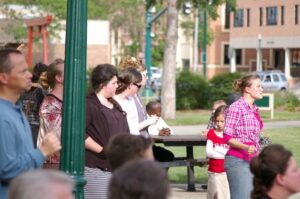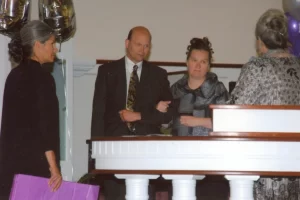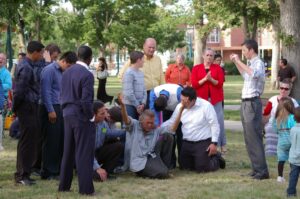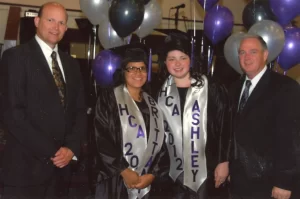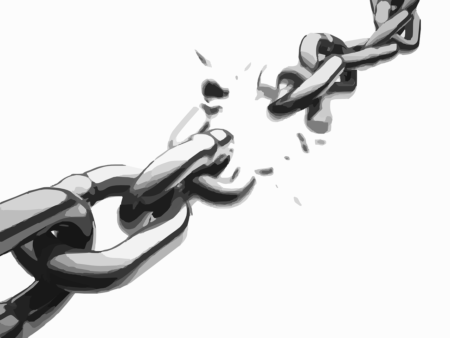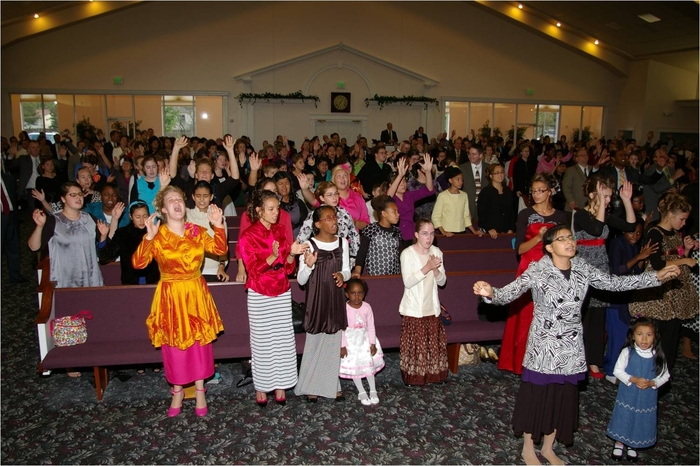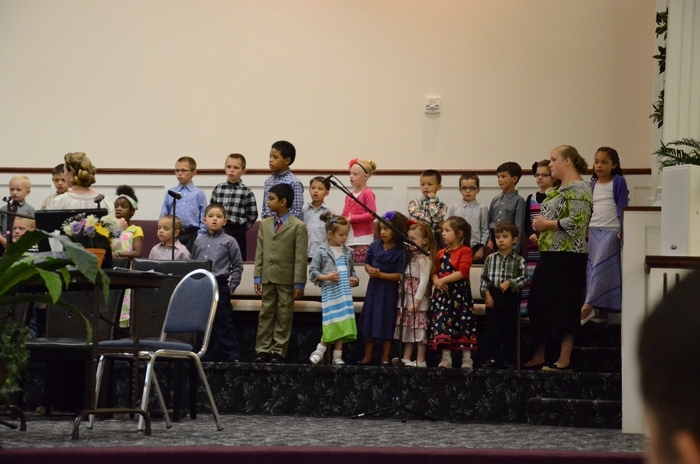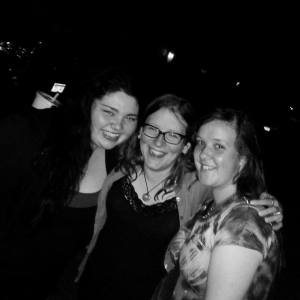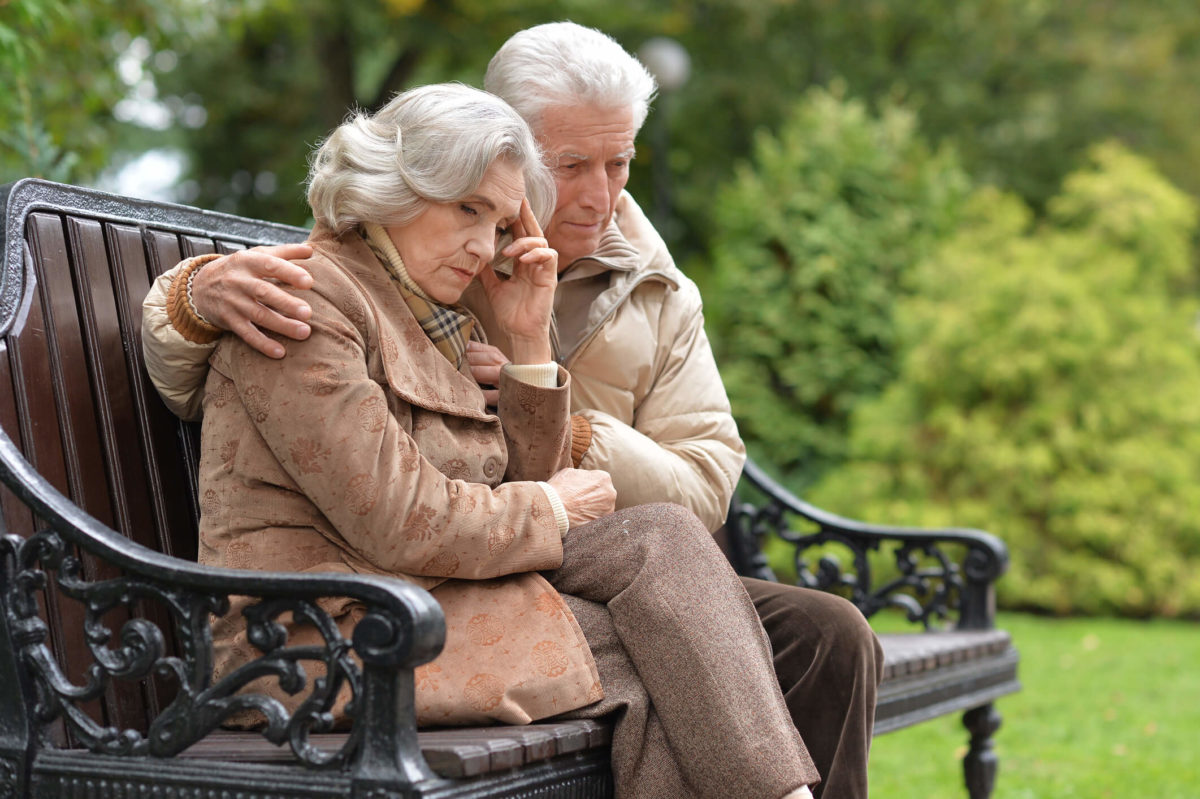Editorial Note: The following is reprinted with permission from Eleanor Skelton’s blog. It was originally published on March 10, 2015 as part of a series.
Continued from Ashley’s story.
I introduced Racquel and Ashley to Cynthia Jeub (now known as Artemis Stardust) shortly before they left their church, the First United Pentecostal Church of Colorado Springs.
We had both been homeschooled and raised in a Christian fundamentalist, Quiverfull environment. We went to college together and were both editors for our college’s newspaper. Here is their part of the story, in their own words.
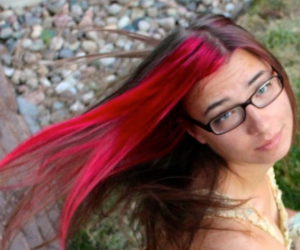 Mouth shut like a locket
Mouth shut like a locket
Like you’ve nothing to say
Speak your mind up,
Come on, baby, free yourself…
Don’t let nobody try and take your soul
You’re the original. – Switchfoot
I met Racquel over the phone.
She explained that her best friend, Ashley, was being kept from attending her college classes, and her parents had taken away all contact to the outside world — no Internet, no cell phone, and she couldn’t drive.
“We can get her a cheap cellphone,” I said. “One she can hide, and use in case of an emergency. It’s dangerous if she won’t be able to contact anyone.”
Racquel hesitated.
“I’m not sure if it’s really that big of a deal,” she said. “They’ve only done it a few times, and it made her get behind at school, but I really trust our pastor.”
It would be several weeks before we met in person. We had an argument. Her church was a large congregation of Protestants who spent most of their Sunday meeting time meditating and speaking in tongues.
She told me that the pastor could always tell if your spirit was in the right place or not, based on his communication with the Holy Spirit. I asked if the pastor had any accountability, but she found it unthinkable that he’d say anything that wasn’t true.
Racquel said that though she loved horses, she wasn’t allowed to enter any competitions. She agreed with the church doctrine, she said, because it kept people humble.
Winning competitions, or even trying to be good at something or to look good, was distracting from drawing attention toward God and away from oneself.
That conversation bothered me because it was so backwards: I was taught to pursue excellence, because it brought glory to God, and I was a living sacrifice.
We lived on two sides of the same self-deception.
// // //
It was early 2013, and I drove an hour to the airport to pick up my dad from one of his events. He asked about school and life, and I confided about the exciting things going on: I was rescuing abused adults from cult-like fundamentalist families.
The first person who got out was Eleanor.
I wasn’t there when they moved into their first apartment, but I was part of the group of friends that gave them support as they adjusted to life away from home for the first time in their early twenties.
After that, Eleanor did most of the networking.
They didn’t go looking for these people, they just found them everywhere — in their classes and at work, they found people in the many cult-like churches of Colorado Springs, adults still living at home, adults with weakened self-confidence, adults with limited skills and resources, all trying to get out, all trapped and afraid.
In our little group, I earned the title of “the logical one.”
Eleanor and our other friend, Cynthia Barram, turned to me as the no-nonsense anchor. When Eleanor found someone who was in a bad situation with their church or family, they’d connect them with me, and I’d check the facts. Then we’d find small solutions — things like helping people get a car, cellphone, job, or place to live.
Several people were trapped because their parents wouldn’t even let them get a driver’s license.
I networked with the homeschool families I already knew, and asked them if they could provide safe houses for these young adults. I wanted parents who were good homeschoolers, not abusive, who could demonstrate that homeschooling could be done in a way that wasn’t harmful.
If such parents had a guest bedroom, we could send homeschooled alumni there to pay rent, while still having parental figures who could provide support without the intense control their own parents used.
The homeschooling community could respond, I thought. They could prove to those who’d been abused that it wasn’t all this bad.
It surprised me to find so few homeschooling parents who were willing to help.
I related all of this to my dad, and he quickly shut me down.
“Don’t get between rebellious kids and their parents,” he said. “I do not support this. You don’t know the families and the full stories. You shouldn’t get involved with this at all.”
“Daddy, I think these situations are… different. There are some rebellious kids…”
I didn’t say Alicia, because my older sister’s name was so taboo in our family that it was always implied, and I didn’t want to hurt my father’s feelings.
“But there are also some very controlling churches and families, and they don’t ever let their kids, especially daughters, grow up. Even if they’re adults.”
He grunted severe disapproval, signaling that the conversation was over. That was the most we ever argued, because I always succumbed. I turned up some of the classic rock music he’d introduced me to, and let it drown out any awkwardness in the car.
I decided I cared too much for those girls I’d met to just leave them in those suffocating situations. This was just one more thing I’d stop talking to my dad about.
// // //
Eleanor and our little crew kept working to help people.
We helped one young woman escape from an arranged marriage, and gave resources to people whose parents kept them from contact with the outside world.
Mostly, we talked to our friends who were in cults about their aspirations and personalities, and helped them see their controlling churches as obstacles to what they wanted out of life.
The common theme was that we all had our own problems to sort. I thought there weren’t any problems with my family, but then I needed to fall back on our group more than once. Our friend Suzana supported me when I got drunk for the first time in my life, a few days after my parents kicked me out.
Eleanor was frustrated with how Racquel and Ashley couldn’t see that their church was a cult, but they still kept in touch with her own overbearing parents.
We’d all lost the trusted older-generation adults in our lives, so we leaned on each other, but we were still young and inexperienced and unstable.
I posted an article on the Huffington Post about my frustration with freeing people. I couldn’t control them, but I also knew they wouldn’t stand up for themselves. I was tired of waiting.
I found out later that Ashley used a code name when she talked about me to her mother, because she was afraid her parents might find my writings and deduce that she was planning to leave.
In December, Eleanor sent out a distress signal to the group.
Ashley’s father discovered she was dating a guy outside the church and said he was kicking her out.
Around 6 a.m. on December 16, 2013, Ashley’s father texted her that he was dumping her possessions outside their apartment at 3 p.m.
Eleanor and Racquel left with Ashley to collect her things in Cynthia Barram’s van while her parents were at work.
When Suzana and I arrived, her bedroom furnishings were strewn about.
Racquel drew our attention to the picture frames.
Ashley’s father had removed the family photos with Ashley from the walls and laid them face down in a corner, a symbol that her family had already disowned her for rebelling against the church.
Her father had also damaged the car she drove by tearing off the rubber lining in the door. And dumped out her purse in the car.
Racquel’s parents were less strict, and she moved out on slightly less dramatic terms.
Eleanor was living in a two-bedroom apartment with a roommate who had also left fundamentalist Christianity, and they now housed three extra refugees there, including another girl who worked with us at the school newspaper.
It was too small for all of them, so they moved into a house together, sharing the costs.
Cynthia Jeub writes about philosophy, religion, and growing up in a Quiverfull homeschool family of 16 and being on their television show Kids By The Dozen at cynthiajeub.com. They studied communication and theater at the University of Colorado at Colorado Springs, where they were a reporter and culture editor at the campus newspaper, The Scribe.
********
Shop at our Amazon store! As an Amazon Influencer, this website earns from qualifying purchases.
 Do you know what it’s like when
Do you know what it’s like when